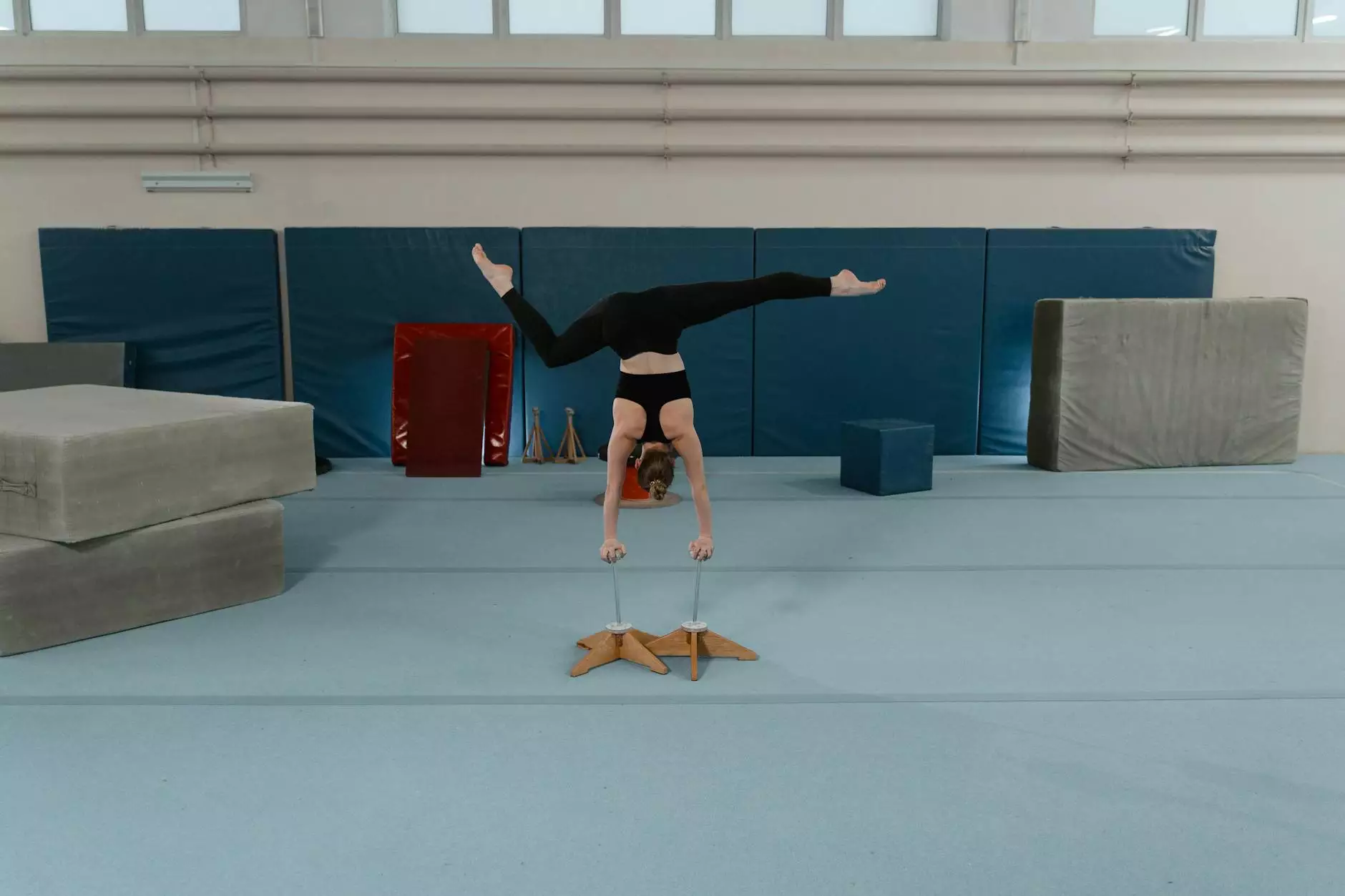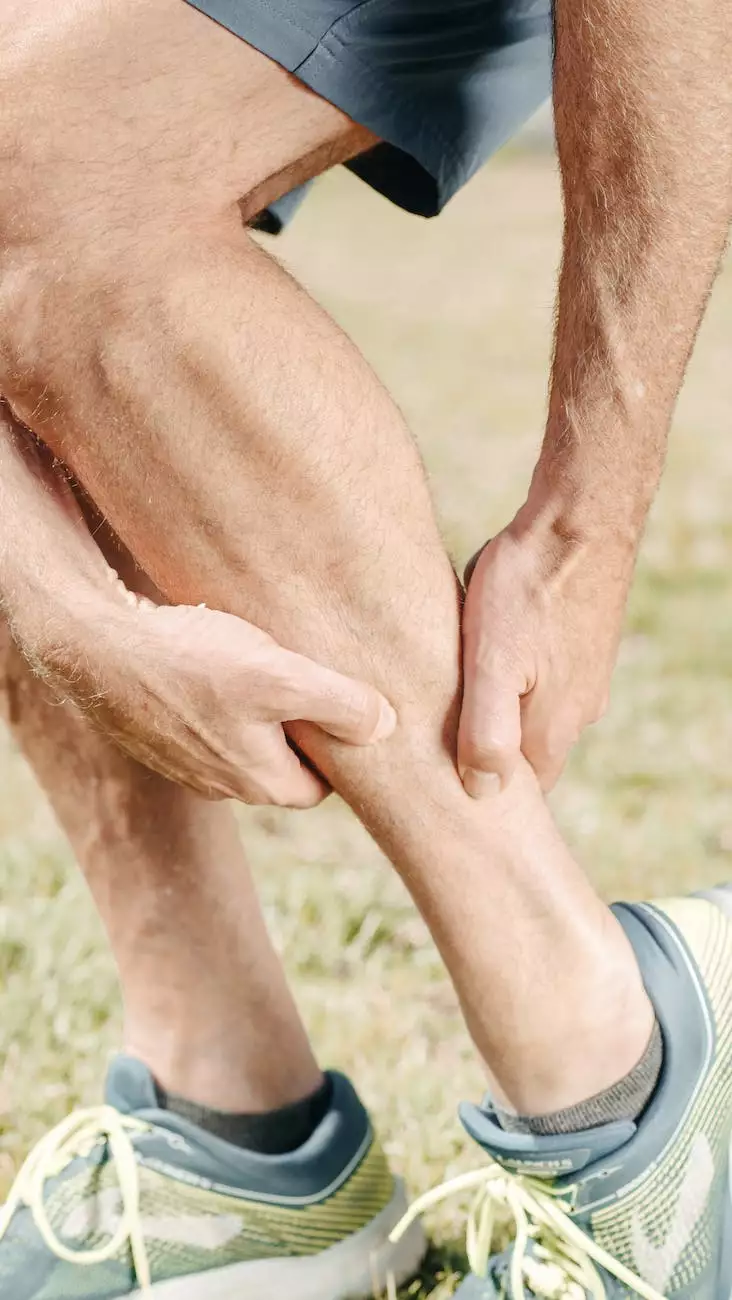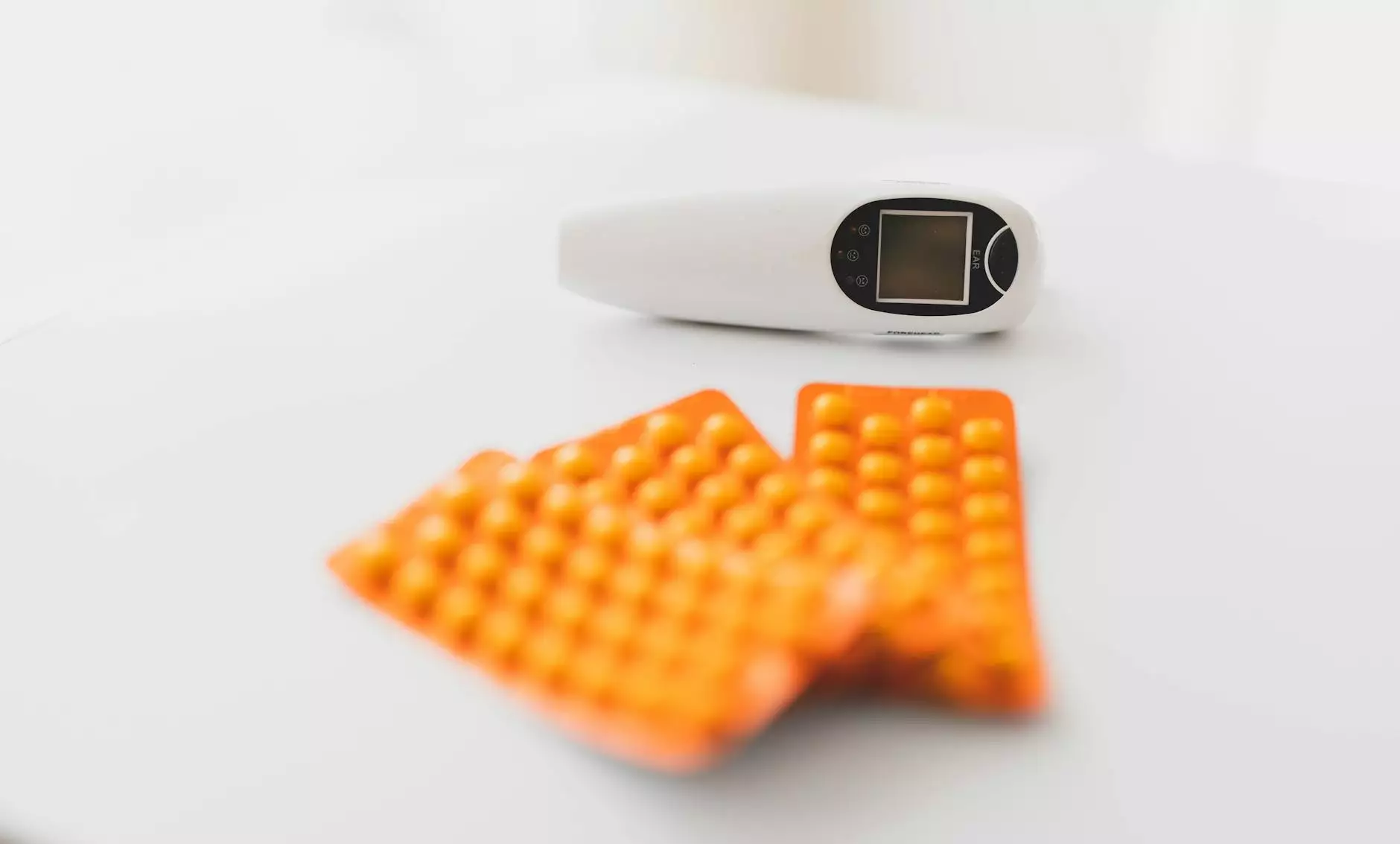Reducing Post-Exercise Soreness and Decreasing Recovery Time
Blog
Welcome to Bowling Orthopaedics, your trusted source for comprehensive health information. In this article, we will discuss effective strategies for reducing post-exercise soreness and decreasing the recovery time. Whether you're an avid athlete or just starting a fitness journey, these tips will help you optimize your workouts and minimize discomfort.
Understanding Post-Exercise Soreness
Post-exercise soreness, also known as delayed onset muscle soreness (DOMS), is a common experience after engaging in physical activity. It typically occurs within 24-48 hours after exercise and may cause muscle stiffness, tenderness, and reduced range of motion. Understanding the cause of DOMS is essential to implementing effective recovery techniques.
The Role of Exercise Intensity and Duration
One of the primary factors contributing to post-exercise soreness is the intensity and duration of your workouts. Engaging in high-intensity exercises or prolonged sessions can lead to more significant muscle damage and consequently more severe soreness. Gradually increasing the intensity and duration of your workouts can help minimize the risk of excessive soreness.
The Importance of Proper Warm-Up and Cool-Down
Skipping warm-up exercises and cool-down routines can increase the likelihood of post-exercise soreness. A proper warm-up prepares your muscles for the upcoming workout by increasing blood flow and warming up your body temperature. Similarly, a cool-down routine helps regulate blood flow and remove metabolic waste products from your muscles. Incorporating dynamic stretching, light cardio exercises, and gentle stretching during these phases can significantly reduce post-exercise soreness.
Effective Techniques for Reducing Post-Exercise Soreness
Now that we understand the causes of post-exercise soreness, let's explore some effective strategies to help alleviate discomfort and hasten the recovery process.
1. Active Recovery
Engaging in light exercises on your rest days can promote blood flow and aid in muscle recovery. Active recovery activities may include low-impact cardio exercises, yoga, or swimming. These activities help reduce muscle stiffness and soreness while maintaining your fitness routine.
2. Proper Nutrition
Nutrition plays a crucial role in muscle recovery. Consuming an adequate amount of protein, carbohydrates, and healthy fats helps repair damaged muscle fibers and replenish energy stores. Include lean sources of protein such as chicken, fish, or tofu, along with whole grains, fruits, and vegetables for optimal post-exercise recovery.
3. Hydration
Staying hydrated before, during, and after exercise is essential for overall performance and recovery. Proper hydration helps transport nutrients to your muscles and aids in the removal of metabolic waste products. Aim to drink enough water throughout the day and consider replenishing electrolytes after intense workouts through natural sources or sports drinks.
4. Foam Rolling and Massage
Utilizing foam rollers, massage balls, or scheduling regular massages can alleviate muscle tension and reduce post-exercise soreness. These self-myofascial release techniques help break up adhesions and knots in your muscles, promoting better blood flow and aiding in muscular recovery.
5. Incorporate Active Stretching
Static stretching, once believed to be beneficial for recovery, may not be as effective in reducing post-exercise soreness. Instead, consider incorporating active stretching exercises into your routine. Active stretching involves moving through dynamic movements that mimic or enhance your workout. Perform these stretches after your workout to improve flexibility and reduce muscle stiffness.
In Summary
Reducing post-exercise soreness and decreasing recovery time are achievable goals with the right strategies in place. By understanding the causes of post-exercise soreness and implementing effective techniques such as active recovery, proper nutrition, hydration, foam rolling or massage, and active stretching, you can optimize your fitness routine and minimize discomfort.
At Bowling Orthopaedics, we are dedicated to helping individuals achieve their health and fitness goals. Our team of experts specializes in orthopaedic care and provides personalized treatment plans to facilitate optimal recovery and overall well-being. Contact us today to learn more about how we can support your fitness journey and reduce post-exercise soreness.










